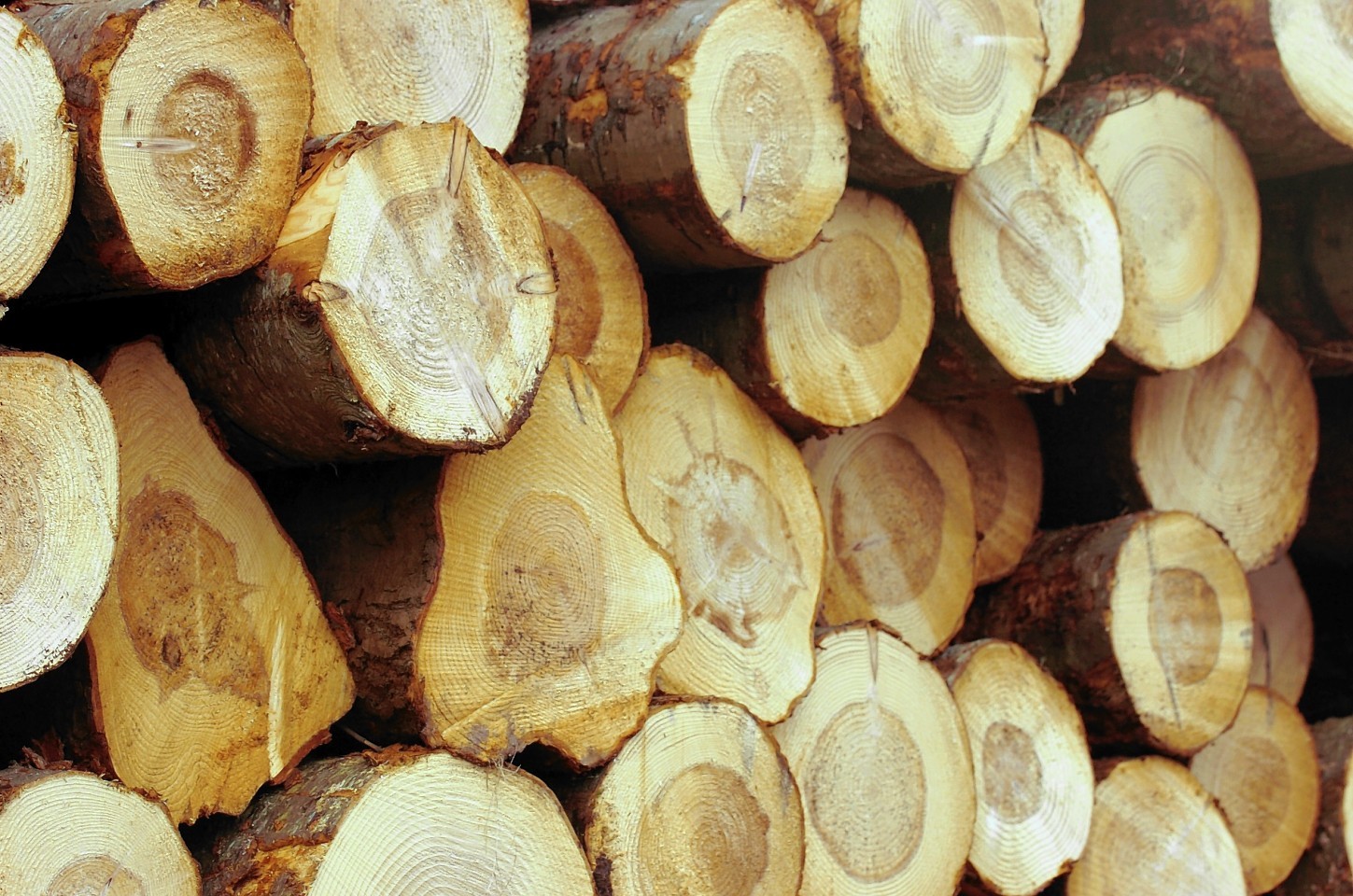The Scottish Government has revealed plans to increase its annual tree planting target from 10,000 hectares to 15,000 hectares by 2025 – an increase from around 22 million to 33 million trees every year.
Trade body Confederation of Forest Industries (Confor) has welcomed the “enormous ambition” for the forestry and timber sector which employs more than 25,000 people in Scotland and delivers £1billion in annual economic value.
The new targets for woodland creation were revealed to the Scottish Parliament by environment secretary Roseanna Cunningham as part of the Scottish Government’s draft climate change plan.
Currently, the target is to plant 10,000 hectares of new woodland every year – around 22 million trees. The new targets are:
12,000 hectares of new woodland from 2020-21 (around 26.5 million trees);
14,000 hectares of new woodland from 2022-23 (just over 32 million trees);
15,000 hectares of new woodland from 2024-25 (about 33 million trees)
Ms Cunningham also revealed plans to increase the use of Scottish wood products in construction from the current level of 2.2 million cubic metres to 2.6 million cubic metres by 2021-22 and 3 million cubic metres by 2031-2.
Stuart Goodall, chief executive of Confor, said: “It is great to see such enormous ambition for forestry and timber displayed by the Scottish Government.
“Fergus Ewing has made it clear that he is totally committed to meeting the 10,000 hectare target to super-charge Scotland’s rural economy and we have worked with him closely to come up with practical proposals to do that.
“This latest announcements by Roseanna Cunningham shows how forestry and timber can deliver rural jobs and play a major part in reducing carbon in the atmosphere.
“Trees are natural carbon sinks and wood products store carbon. Confor has been stressing how enhanced planting can deliver for our economy and our environment for many years. Planting trees upstream helps reduce flood risks too – and let’s not forget the role of modern forests in providing tremendous recreational opportunities for our communities through walking, wildlife-watching, cycling and more high-octane pursuits like mountain bike trails and Go Ape.”
Mr Goodall added: “I am delighted that the potential for the greater use of timber in construction has also been identified. Off-site timber construction can play an increasingly significant role in providing the tens of thousands of warm, high-quality and sustainable homes that Scotland needs.”
The Scottish Parliament will host a debate on how to deliver on its ambitions for forestry next Tuesday.
